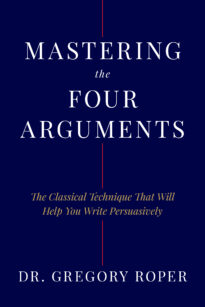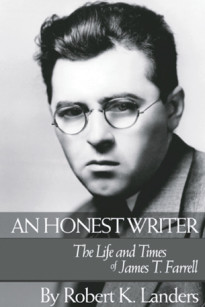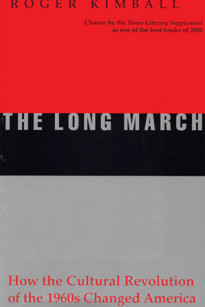Allen Ginsberg, Lionel and Diana Trilling, Hannah Arendt, Norman Mailer, and Lillian Hellman—among the other things these writers and intellectuals all had in common is Norman Podhoretz. With them Podhoretz was part of “The Family,” as the core group of New York intellectuals of the 50s and 60s came to be known. And in Ex-Friends, he has written the intellectual equivalent of a family history—a sparkling chronicle of affection and jealousy, generosity and betrayal, breakdowns and reconciliations, and ultimately of dysfunctions impossible to cure.
Ex-Friends is filled with brilliant portraits of some of the cultural icons who defined our time. Yet anyone who has followed Norman Podhoretz’s career as a writer and editor and above all one of the leading controversialists of our time will expect more than just another fond memoir of literary alliances and quarrels, brilliant talk and bruised egos. Indeed, while Ex-Friends has some of the elements of a personal diary, it is also a journal de combat describing the intellectual and social turbulence of the 60s and 70s and showing how the literary living room was transformed into a political battleground where the meaning of America was fought night by night.
Against this backdrop, Podhoretz tells how he left The Family and undertook a trailblazing journey from radical to conservative, a journey that helped redefine America’s intellectual landscape in the last quarter of the 20th century and caused his old friends to become ex-friends. If there is a nostalgia in Ex-Friends, it is not only for lost friendships but also for a time of wit, erudition, and passionate argumentation. Norman Podhoretz bodies forth a world when people still believed that what they thought and wrote and said could change the world.













